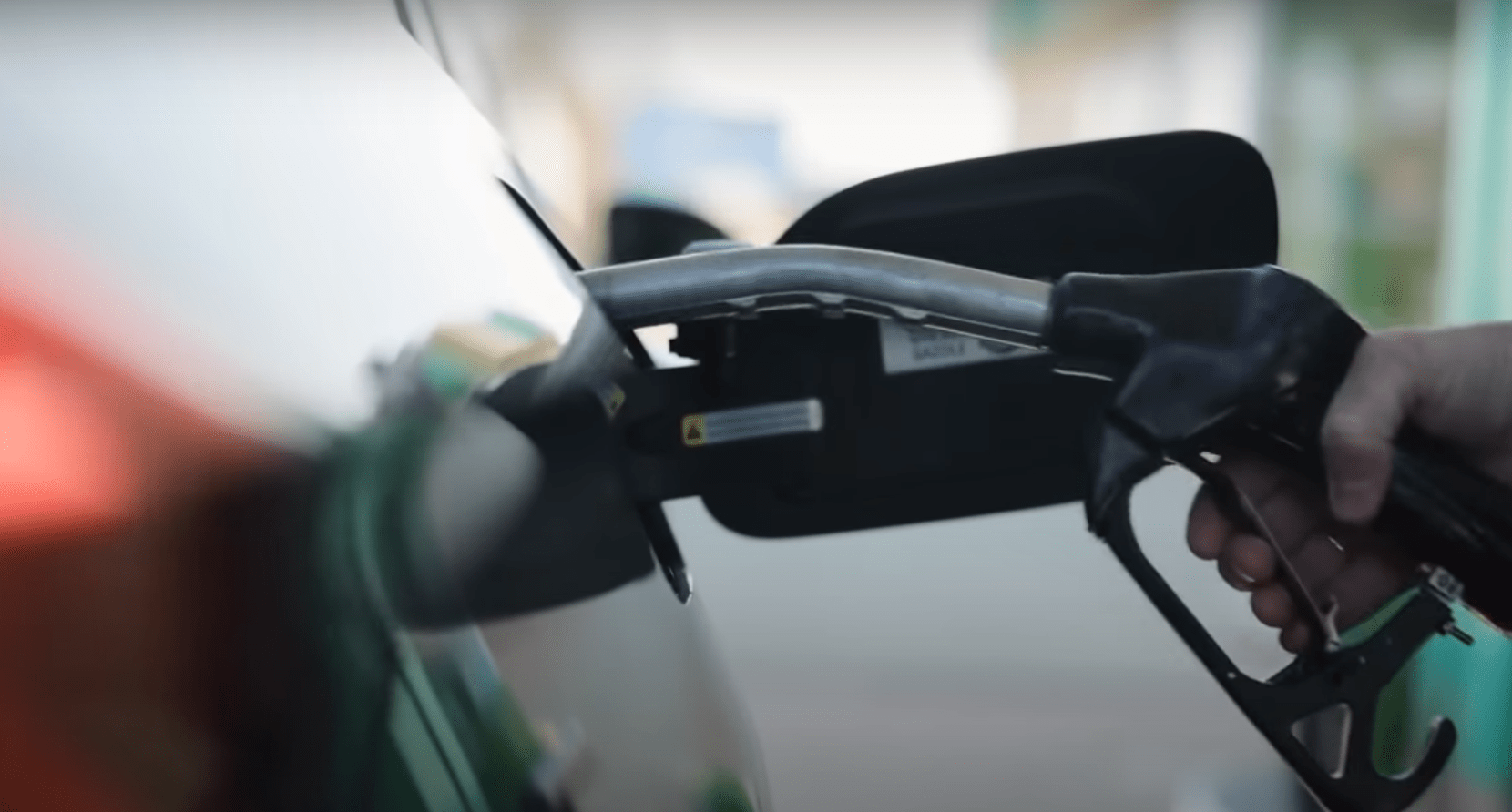The Ohio Department of Transportation (ODOT) has launched a new website to educate and get feedback on several options being considered to increase revenue in the face of decreasing gasoline consumption. Ohio is one of 14 states that received federal funding to explore alternative funding mechanisms such as mileage-based user fees (MBUF).
The website Exploring Ohio Road Funding Alternatives presents 3 of 30 options currently being considered. Results of the survey on the website will be incorporated into a report submitted to the General Assembly later this year.
The 3 options presented include:
- Raise the current vehicle gasoline tax 10 cents/gallon from 38.5 to 48.5 cents per gallon.
- Raise basic registration fees by $50 from $31 to $81/year; Owners of hybrid & electric vehicles (EVs) would continue to pay an additional flat fee ($100 and $200 respectively)
- Create a mileage-based user fee (MBUF) of 14 to 18 cents/mile based on miles driven
Options needed to recoup lower tax revenues
Across the nation, changes in driving habits due to CO-VID lock downs, high gas prices, improved gas efficiency of newer models and the rise in popularity of hybrid and electric vehicles (EVs) is resulting in lower gas consumption and lower gas tax revenues. ODOT projects fuel consumption to drop 40% through 2040 and electric vehicle adoption to rise 30% over that period. Currently ODOT relies on the gas tax for 70% of funding used to maintain 43,000 mile of roadway and 14,000 bridges.

Options focus on fairness
While the driving force for considering these funding options is financial, it is curious that there is no discussion or comparison of these options in terms of the estimated additional tax revenue they would generate. Instead, the graphical presentations (shown above) draw attention to the “fairness” of the funding approaches. In this context, option 3 shows that that substituting a MBUF for the current gas tax would correct the inequity that currently exists in gas taxes paid by high efficiency gasoline powered vehicle and hybrid/EVs.
Legislation enacted in 2019 raised the gas tax from 28 to 38.5 cents/gallon and created the added registration fee for hybrid and EVs as a way to make up for the lost gas tax. The description for option 3 states that “this approach could ultimately replace the gas tax and the additional registration fees on electric ($200) and hybrid ($100) vehicles.”
What are other states doing?
As reported by Elaine Povich, at least eight states — Hawaii, Massachusetts, Minnesota, Tennessee, Utah, Vermont, Virginia and Washington — are looking to set up new or modify existing pilot MBUF programs for owners of hybrid and EVs. In some states, these drivers can end up paying less under the MBUF program than the fixed fees the states otherwise charge on electric vehicles. In all states these programs are voluntary.
To monitor mileage driven, states either install devices in vehicles to measure the miles driven that can report information directly to the state, rely on self-reporting measures or track miles through year-over-year odometer readings when drivers renew their registrations. For those that value personal privacy and freedom, the method used to determine miles driven is a critical consideration.
Other options being implemented that are not mentioned on the ODOT website include: 1) indexing the gas tax to keep up with inflation and 2) taxing the electricity used at public charging stations. Twenty-two states already have indexed gas taxes. And at least four states — Iowa, Kentucky, Oklahoma and Pennsylvania —are taxing the electricity used at public charging stations.
Concerns about personal privacy and freedom
Some environmentalists argue that if the goal is to get drivers into electric or hybrid vehicles, imposing taxes on them is a disincentive. Others worry that rather than a substitute for the gas tax, governments might impose a MBUF on top of gasoline taxes.
It is very likely that the Ohio legislature will elect to do all of the above in an effort recoup lost gas tax revenue: raise and/or index the gas tax to inflation, increase basic registration fees, and establish a voluntary MBUF pilot program for hybrid and EV owners. Taxing electricity used at public charging stations should also be on the table.
Down the road should the state or federal government impose a mandatory MBUF on all vehicle owners, the debate should be about the mechanism used to report mileage. Laws at the state or federal government level that mandate the installation of devices capable of monitoring and reporting personal information directly to a government agency would be an infringement on personal privacy and personal freedom.
Weigh in by taking the survey
The survey begins by testing the respondent’s knowledge of ODOT’s revenue sources and then allows the respondent to pose questions and concerns. Respond here












